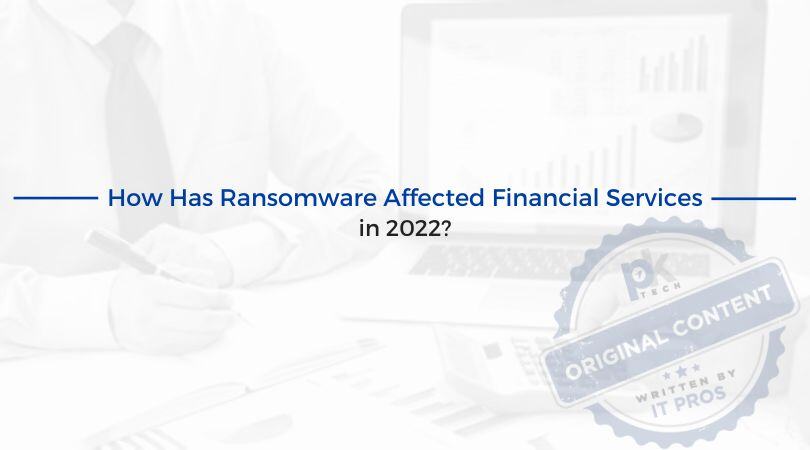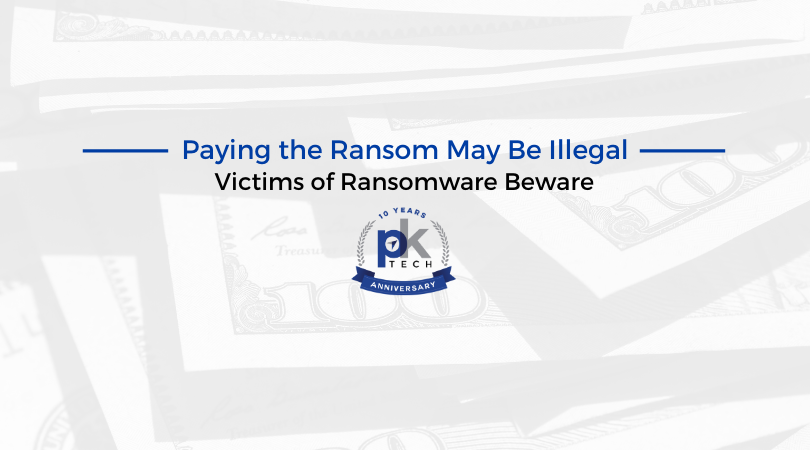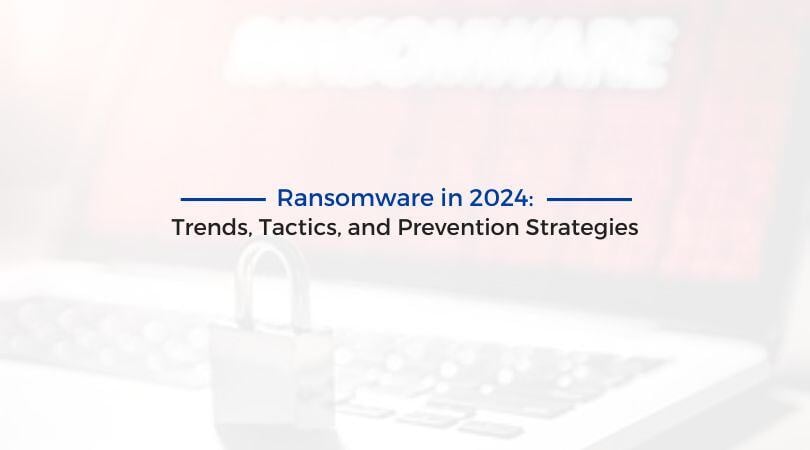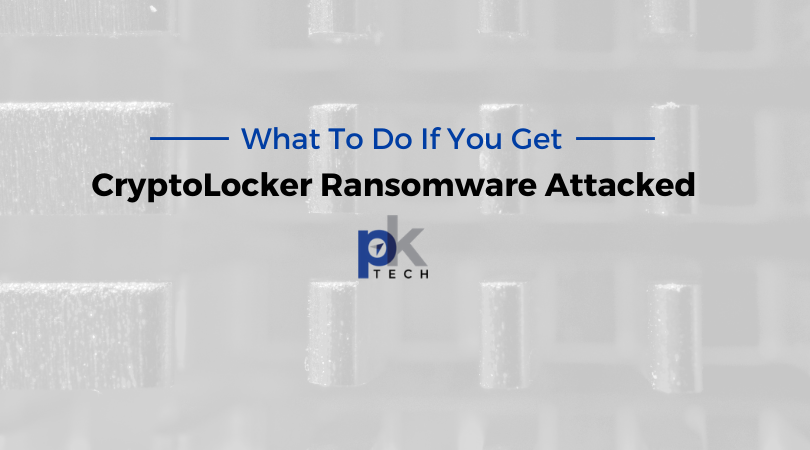Paying the Ransom May Be Illegal – Victims of Ransomware Beware
The US Department of Treasury’s Office of Foreign Assets Control (OFAC) stated the following on October 1, 2020:
2 min read
Megan Schutz : Updated on November 6, 2024

Sophos has released its annual report on the state of ransomware in the financial services industry for 2022, which draws feedback from 444 IT professionals across 31 countries in the financial services sector (source).
Sensitive financial information and money – what more could a cybercriminal ask for? In this blog, we’ll dig into ransomware stats for 2022 and see how the financial services sector compared with other industries.
The report goes over the percentage of organizations hit by ransomware, how often data is encrypted, how much encrypted data is recovered after paying the ransom, the average remediation cost, and how often cyber insurance pays the ransom.
First, let’s review some statistics from the last 12 months:
With a history of working with the financial services sector, PK Tech is experienced in the unique security challenges presented by the industry. As your IT security team, we stay on the cutting edge of regulatory changes and implementation tools that will help your business run as safely and efficiently as possible. You can check out more of our financial services resources or schedule a call with one of our IT pros here.

The US Department of Treasury’s Office of Foreign Assets Control (OFAC) stated the following on October 1, 2020:

Ransomware attacks have been a persistent threat in the cybersecurity landscape for years, causing significant disruptions and financial losses for...

CryptoLocker ransomware attacks are scary. You’ll suddenly see a note appear on your computer screen stating that your computer is locked or files...